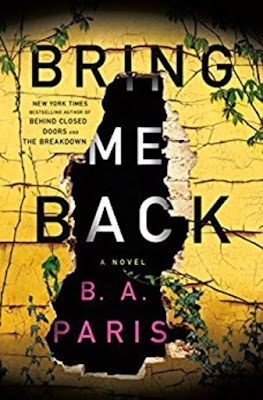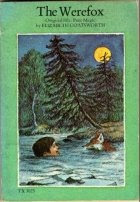215. Harmony by Project Itoh
 Harmony by Project Itoh. Translated by Alexander O. Smith (Canada) - (USA)
Harmony by Project Itoh. Translated by Alexander O. Smith (Canada) - (USA)Pages: 252 pages
Ages: 18+
Finished: Oct. 11, 2010
First Published: 2008 Japan (July 20, 2010, English Trans.)
Publisher: Haika Soru: Viz Media
Genre: Science Fiction, post-apocalyptic, Utopian, dystopian
Rating: 5/5
First sentence:
I have a story to tell.
Acquired: Received a review copy from Simon & Schuster Canada.
Reason for Reading: I love post-apocalyptic/dystopian novels and at the same time I was very intrigued in reading a Japanese novel in translation. So far my Japanese reading has been confined to manga.
This book won the Japanese Awards: the Seiun Award and the Japan SF Award and is a highly literary piece of work. A brilliant work of dystopia that looks at a future world that is unlike anything I've ever read before and is also completely viable. The publisher's summary does not do justice to the story at all and I was not prepared for the deep philosophical, scientific, ethical, sociological and technological issues that would be covered in this fairly slim volume.
I couldn't even begin to find the words to describe the plot as it is so intricate and multi-layered. Instead, let me describe the world. There has been an apocalypse; bombs have dropped and a large portion of the world's population killed. It is now about 60 years later and the civilized world has no governments, or ruling kingdoms, instead the world is managed by the World Health Organization (WHO) and throughout each country there are thousands of admedistration units catering to small sections of the population. People have been implanted with a medical monitoring device which constantly measures physical and emotional health, sending out modules of medications or enzymes to fix the problem straight away. Thus no one in this world is ever sick, hurts themselves, or becomes mentally unstable. Privacy is the ultimate bad word; one you would whisper and make sure no one else heard you say. Everybody has a health output hovering over their head so all can see how each other is doing, and everyone is kind and thoughtful to others because the most precious resource in this population depleted world is human life. As one walks along in life your implant will shield you from emotional distress, should something come up that would interfere with your specific emotional make-up a filtering process would go into place and you would not even see the offending item: painting, magazine, store, etc. Everyone is in perfect health as your diet is streamlined for your consumption, and the correct foods delivered to your home, within your budget. Menus at restaurants bring up a display telling the nutritional content of the food and what is within your parameters. Food with no nutritional value does not exist anymore. And the list goes on ....
Some people are perfectly content with this Utopian society of perfect health, peace and kindness. Never having to make uncomfortable choices and feeling as though they are truly being a valuable resource of society. Others realize this for the totalitarian society that it is and there are a few countries that have not joined the WHO, mainly Russia and then small scattered countries in Africa and the Middle East, which continue to resist. But there are others on the inside who want out, they've read books and found out what life was like before the Maelstorm and recognize individual freedom is missing from their society. Three teenage girls become a part of this resistance when they realize the only way to hurt the establishment is to hurt the most precious commodity, their human life. So they make a pact to commit suicide together. This is only the beginning, though. What will become at risk is the very essence that makes human beings human.
The book is written in a back and forth flow as the main character tells her story now as she works as an agent and flashes back to her childhood and early adult years as she was one of those girls who promised to commit suicide but obviously failed. The book is also written within a sort of HTML code called
This book really deserves more publicity on this continent. It is one of the best dystopian novels I've read of late and so very different from the other stuff being written today which often has an environmental political agenda behind its cause of the apocalypse. I think I would put this up there with Brave New World, completely different stories mind, but equal in literary merit and psychological impact and thought.
I would like to mention that the very beginning pages do contain some quite vulgar language (which had me thinking I wouldn't be reading the book much further) but it is mostly contained to those pages. Of course, there are expletives here and there throughout the book but don't let the first pages put you off, if language is of a concern to you.


I am not comfortable with this genre but thank you for the review. As you say this is different.
ReplyDeleteThis sounds interesting... I am not sure if I will read it, but you never know!
ReplyDelete